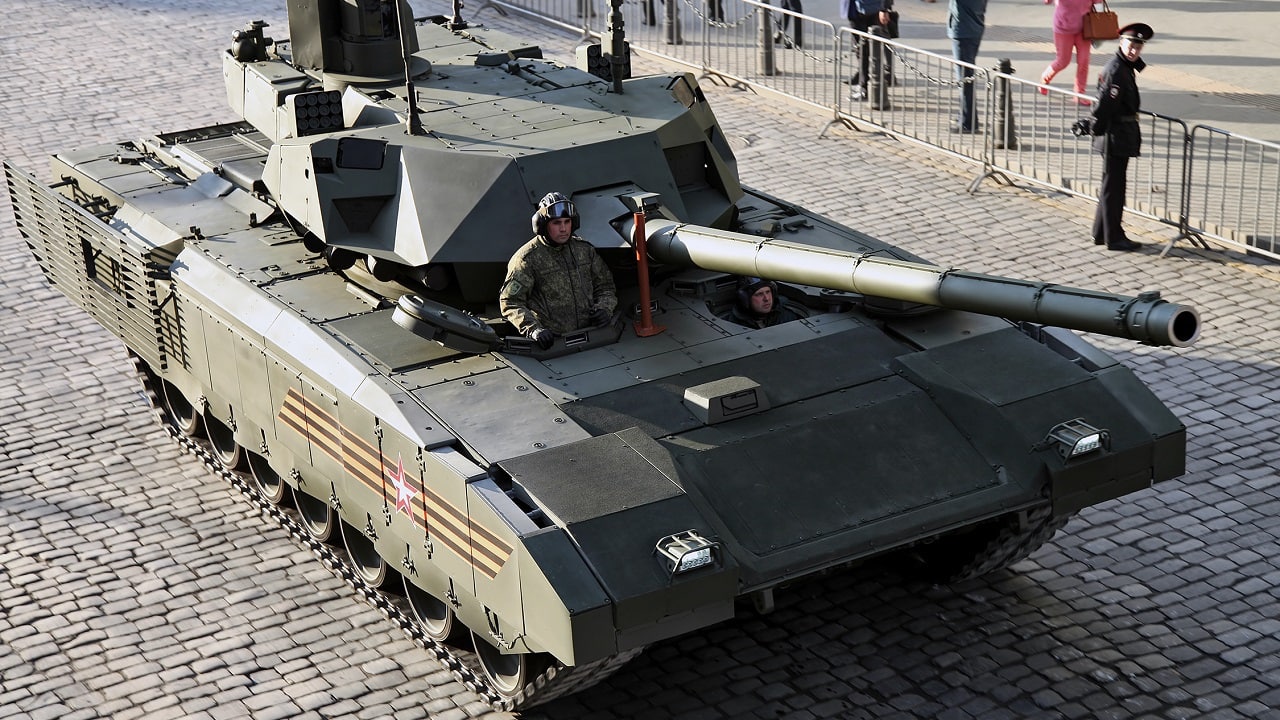After a disappointing meeting with Chinese President Xi Jinping this week, in which Russian President Vladimir Putin acknowledged China’s concerns about his war in Ukraine, the Russian leader faced a similarly embarrassing meeting with Indian Prime Minister, Narendra Modi.
During a meeting in Samarkand, Uzbekistan, the Russian president once again acknowledged the concerns of a foreign leader, recognizing that India has concerns over his military’s ability to win in Ukraine and the justification for the invasion.
During the talks on Friday, Prime Minister Modi stressed to Putin that “today’s era is not one for war.” The interaction was aired by Indian public broadcaster Doordarshan, an essential aspect of the discussion that, had it not been aired, could have given the world a different impression of the meeting. While Modi and Putin are undoubtedly working to strengthen the ties between their two countries, without expressing his disapproval of the war, Modi could have very quickly lost some friends in the West.
“I know your stance on the conflict in Ukraine and the concerns you constantly express,” Putin told Modi at the meeting. “We’ll do everything to end this as soon as possible.”
Putin also told the Indian Prime Minister that he was committed to bringing an end to the fighting and accused Ukrainian officials of not wanting to negotiate a peace deal – despite the fact that Ukrainian and Russian leaders have sat down on multiple occasions throughout the war to discuss an end to the conflict. Russian negotiators insisted that the negotiations couldn’t end without the Ukrainian side committing to constitutional changes and giving up Ukrainian territory.
At one time, Ukraine was not in a position to negotiate but kept fighting. With Russian fighters now in retreat, Russian officials reportedly reached out to Ukraine to initiate a new round of negotiations, but Ukraine appears to be set on ending the conflict by simply pushing Russian fighters back across the border.
The meeting was not, however, a waste.
New Trading Opportunities?
Facing an uncertain future in terms of diplomacy and trade with the West, the Russian president may have used the Shanghai Cooperation Organisation meeting – which brings together representatives from member states India, China, Pakistan, Russia, Kazakhstan, Tajikistan, Uzbekistan, and Kyrgyzstan – as an opportunity to scope out new trading opportunities with major economies like India.
India already controversially purchased Russian oil at a discount earlier this year, and in Putin’s comments on Friday, he thanked the Indian prime minister for purchasing Russian fertilizers.
“Our trade is growing, thanks to your additional supplies of Russian fertilizers to the Indian markets, which have grown more than eight-fold,” Putin said. “I am hopeful that this is going to be of huge help of the agricultural sector of India.”

Prime Minister of India Narendra Modi at an informal meeting of heads of state and government of the BRICS countries.
As Putin’s military goals drift further away, the Russian leader may now pivot to diplomacy with Ukraine, potentially ease up some of the demands from his negotiators, and work overtime to establish new fruitful relations with economies like India that appear less fazed by Putin’s penchant for war.
Jack Buckby is a British author, counter-extremism researcher, and journalist based in New York. Reporting on the U.K., Europe, and the U.S., he works to analyze and understand left-wing and right-wing radicalization, and reports on Western governments’ approaches to the pressing issues of today. His books and research papers explore these themes and propose pragmatic solutions to our increasingly polarized society.

